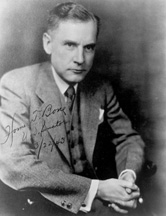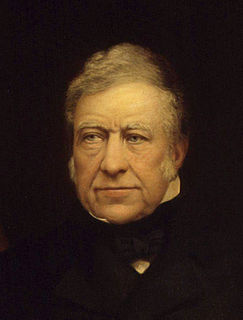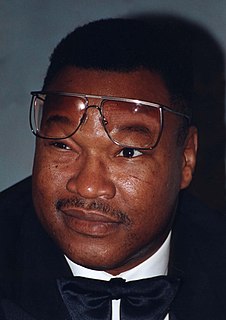A Quote by Gary Shilling
I said earlier [2015] year that I thought we'd get to 10 or 20 bucks [per barrel ] because that's the marginal cost, and when you're in a price war, it's the marginal cost that determines the price.It is a price war because basically the OPEC reason did not cut production in their November 2014 meeting was that they got tired of cutting production and having American frackers and Russians et cetera grab market share.
Related Quotes
It cost about 75 cents to kill a man in Ceasar's time. The price rose to about $3,000 per man during the Napoleonic wars; to $5,000 in the American Civil War; and then to $21,000 per man in World War I. Estimates for the future wars indicate that it may cost the warring countries not less than $50,000 for each man killed.
Inflation, especially a slow steady rise in prices, encourages producers, because it means that they can commit themselves to costs of production on one price level and then, later, offer the finished product for sale at a somewhat higher price level. This situation encourages production because it gives confidence of an almost certain profit margin.
Between 1965 (the beginning of LBJ's "Great Society") and 1994, welfare spending has cost the taxpayers $5.4 trillion in constant 1993 dollars. The War on Poverty has cost us 70 % more than the total price tag for defeating both Germany and Japan in World War II, after adjusting for inflation. Many believe that Welfare has destroyed millions of families and cost a huge portion of our national wealth in the process.
We looked into the abyss if the gold price rose further. A further rise would have taken down one or several trading houses, which might have taken down all the rest in their wake. Therefore at any price, at any cost, the central banks had to quell the gold price, manage it. It was very difficult to get the gold price under control but we have now succeeded. The US Fed was very active in getting the gold price down. So was the U.K.
American farmers produced 600 more calories per person per day in 2000 than they did in 1980. But some calories got cheaper than others: Since 1980, the price of sweeteners and added fats (most of them derived, respectively, from subsidized corn and subsidized soybeans), dropped 20 percent, while the price of fresh fruits and vegetables increased by 40 percent.





































